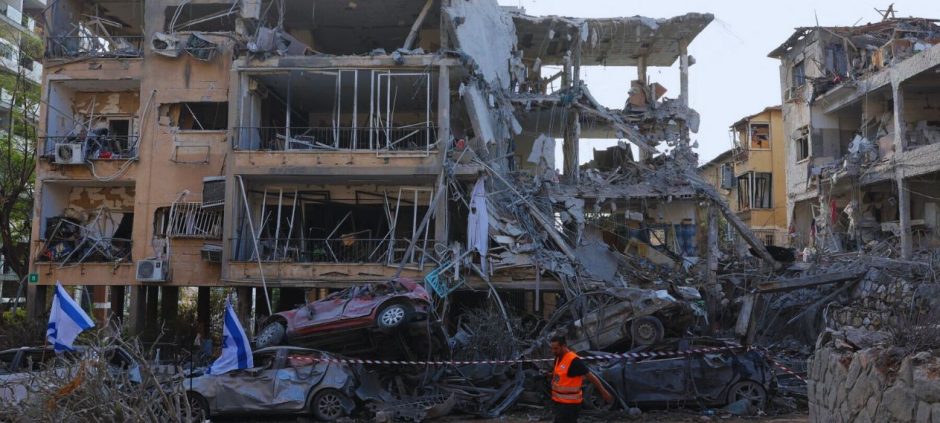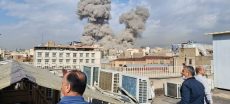Tel Aviv, June 14, 2025 – Iran has unleashed a wave of missile attacks on Israel in retaliation for Israeli airstrikes that targeted its nuclear and military facilities, killing top Iranian generals and civilians. The escalating conflict has left dozens dead on both sides, with fears of further violence.
READ MORE : Iran’s Fifth Wave of Missile Strikes on Israel Leaves 4 Dead, Dozens Injured
Key Developments:
- Iran’s Retaliation: Iran launched “Operation True Promise 3,” firing over 150 ballistic missiles at Israeli military sites, airbases, and urban centers. At least two people were killed and 40 wounded in Israel.
- Israeli Strikes on Iran: Earlier Israeli attacks killed 78 people, including senior military officials and nuclear scientists, and injured over 320. Key nuclear sites, including Natanz and Fordow, sustained limited damage.
- Military Shake-Up in Iran: Supreme Leader Ayatollah Ali Khamenei appointed new military leaders after the deaths of IRGC chief Hossein Salami and armed forces chief Mohammad Bagheri.
- Global Alarm: The UN and world leaders, including U.S. President Donald Trump and UK Prime Minister Keir Starmer, called for de-escalation, but diplomatic efforts remain uncertain.
On the Ground:
In Tel Aviv, explosions rocked the city as Iranian missiles struck residential and military targets. Emergency teams worked to rescue survivors from collapsed buildings, while air raid sirens sent civilians scrambling for shelter.
Iranian state media claimed successful strikes on Israeli airbases, including Nevatim and Tel Nof, while Israel reported intercepting many missiles. Tehran also warned of further attacks, vowing to retaliate against any nation that supports Israel.
Nuclear Standoff Continues:
Despite damage to nuclear facilities, Iran insists its uranium enrichment remains peaceful. Israel, however, claims Iran is nearing a “point of no return” in developing nuclear weapons. Planned U.S.-Iran talks hang in the balance, with Tehran accusing Washington of enabling Israeli aggression.
What’s Next?
With both sides refusing to back down, the conflict risks spiraling into a wider regional war. As global powers urge restraint, the world watches anxiously to see if diplomacy can prevail—or if the violence will escalate further.











